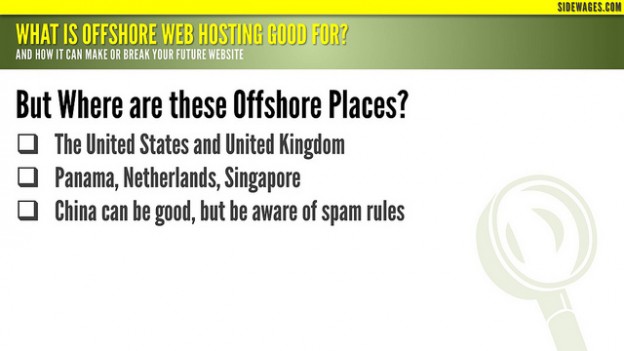A company, no matter how large, is only ever as strong as its weakest link. Now, in most cases, a company’s weakest link is its web server or its website hosting provider. If computer programming is not really your thing, then all the jargon used can make things very confusing. Once the information and choices become convoluted, many people just shut down and randomize their choice. As fun as this may sound, this article will put an end to that overwhelming confusion.
Most web hosts have various add-ons for their packages, however, the features offered varies host by host. As you compare your options, you should also take into consideration the expected service levels and support for each of the most important features. A provider’s affordable price tag may catch your attention, but even the lowest price is too much for a service or feature that is useless for your site.
Shared Hosting
All good web hosts offer a variety of add-ons to their plans, but the types of features will differ between companies. Make sure you are comparing apples to apples by selecting plans which are similar. For example, some features may only be available on higher-priced plans, so be on the lookout for relevant terms and conditions.
Find out whether you need shared hosting or a dedicated plan. If your site is large and complicated and receives a lot of visitors, you might find shared hosting is preventing growth and your ability to properly serve customers. It is a great idea to find a web host that is dedicated.
You should avoid registering your domain name through your host, in case they decide to keep it in the event you ever cancel your plan. Your hosting provider will control the registration of your domain instead of you.
Make a list of the priorities that are important to your site before you begin to shop for your site’s web host. If you know what your wants are in advance, you can check off whether the prospective host offers what you need. When you make a list like this, you avoid getting a web host that you don’t feel comfortable with and it ensure that you are satisfied.
Do you want to use free web hosting? Be sure to make backups of anything you do not want to lose, as free hosts normally do not offer any kind of backup services. Keep in mind that the service is free, so there will probably not be any frills included. The end result is you being out of luck should something disappear.
The amount you have to pay for hosting depends on how many people regularly visit your site. You need to know how much it will cost you, a lot of places have flat rates or it can go up and down depending on your visits.
Most hosts already require you to back up your own site. It’s crucial that you go ahead and do this to keep your data safe. Doing so will help ensure you still have your site, in the event something happens.
To increase your overall profit margins, research the prices of the hosting companies gunning for your business. When it comes to pricing, a web host usually costs between $2 to $60 a month. Just be aware that the higher the price does not necessarily mean the better site. A more expensive site will give you more bandwidth but not necessarily better hosting.
Billing for web hosting services is correlated with the amount of visitors your site receives in a given time period. Find out how your host is going to bill you: some hosts charge different flat rates and your site progresses from one category to the other as it gets more traffic, while other hosts charge you a different amount every month in function of your traffic.
Now you should be able to go back over some of that perplexing lingo you’ve heard before, and see if you are able to notice the pros and cons in the available hosting plans. Even if you’ve already signed a contract, you can still use this information when you upgrade or switch companies.
Interested in hosting? If you are You’ve found it with Hostgator. My own homepage on Hostgator1centcoupon.info provides you with details of the most current, working Hostgator Coupons, which will get your hosting for 1 cent.

